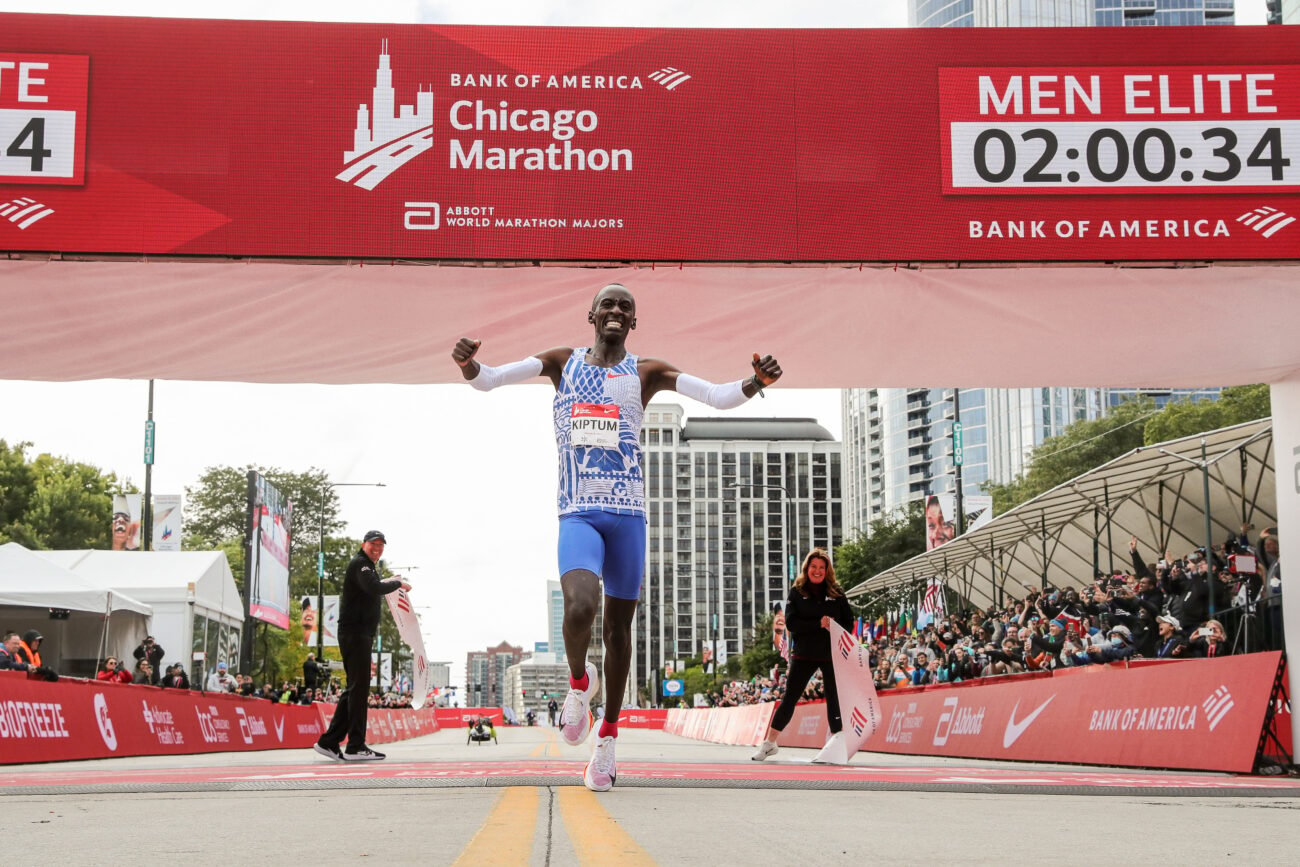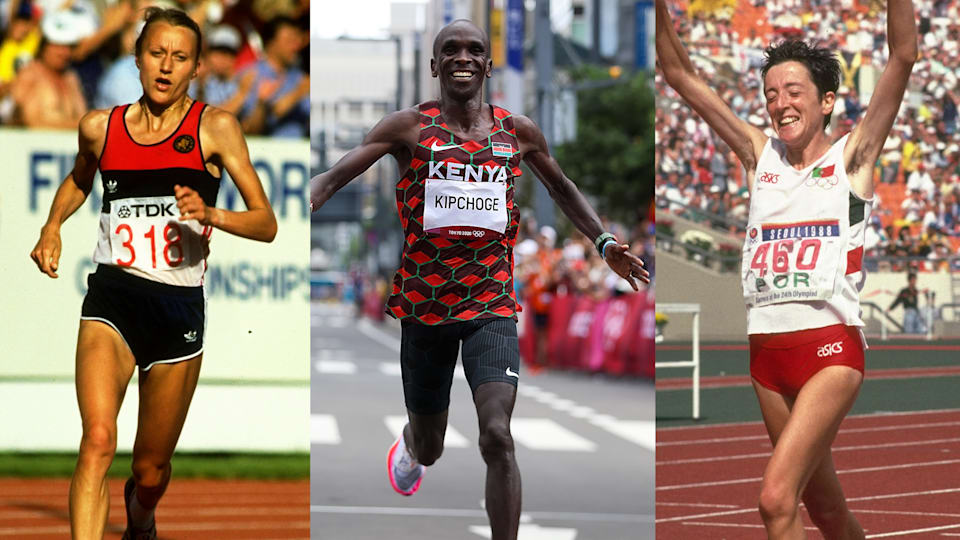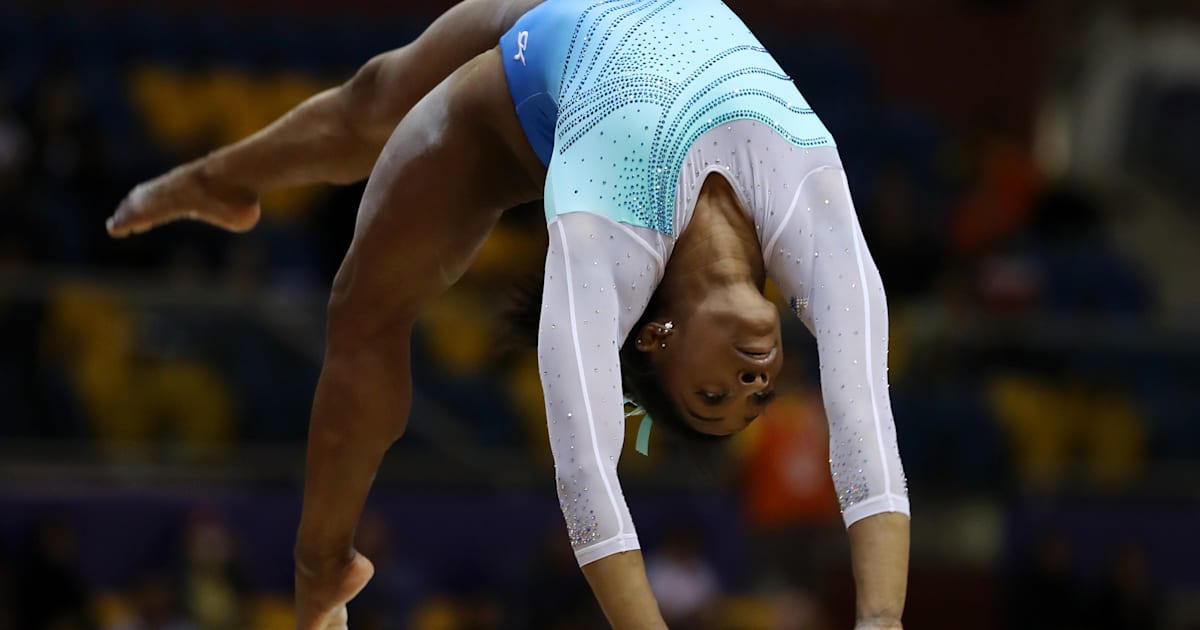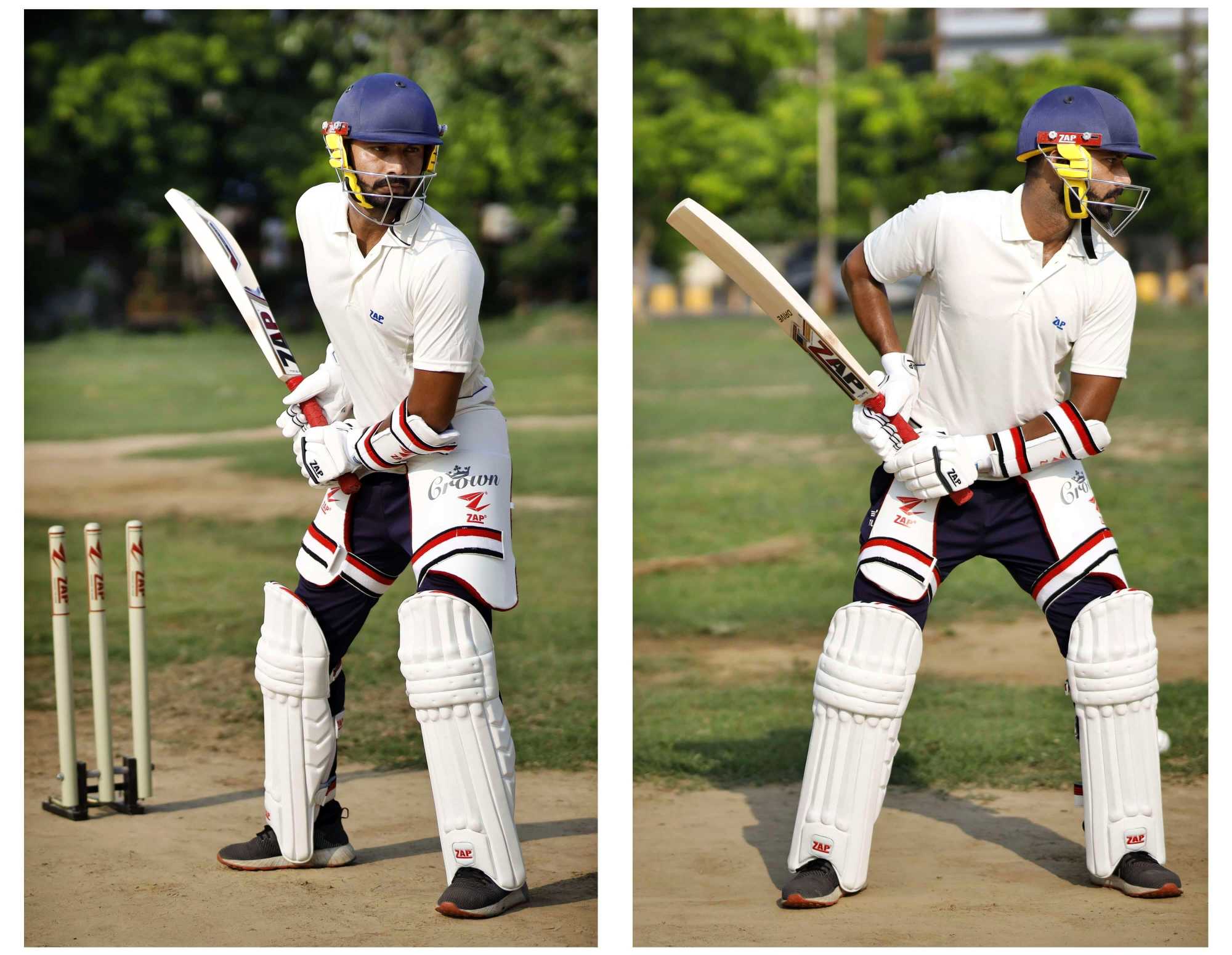Legends of the 26.2: Exploring the Enduring Legacy of Famous Marathon Runners
The marathon, a grueling 26.2-mile test of endurance, strength, and mental fortitude, has captivated audiences for over a century. It’s a race that transcends mere athletic competition; it’s a testament to human potential, a battle against oneself, and a stage for the creation of legends. Throughout history, countless runners have etched their names into the annals of marathon history, leaving behind inspiring stories and records that continue to challenge and motivate aspiring athletes. This article explores the enduring legacy of some of the most famous marathon runners, highlighting their achievements, their impact on the sport, and the enduring inspiration they provide.
The Pioneers: Breaking Barriers and Setting Standards
The early days of marathon running were defined by remarkable feats achieved under less-than-ideal conditions. The race itself, steeped in ancient Greek mythology, underwent significant evolution before achieving its modern form. Runners like Pheidippides, the legendary messenger whose run from Marathon to Athens supposedly inspired the race, remain shrouded in myth, yet their story embodies the spirit of the marathon.
Moving into the modern era, the early 20th century saw the rise of pioneers who pushed the boundaries of human endurance. While precise records from these early years are sometimes incomplete, the names of runners like Johnny Hayes (winner of the 1908 Olympic marathon) and Kenneth McArthur (winner of the 1924 Olympic marathon) stand out as symbols of early marathon dominance. These athletes competed in a time when training methods were rudimentary and understanding of nutrition and recovery was limited. Their achievements are all the more remarkable given these constraints.
The Golden Age of East African Dominance:
The latter half of the 20th century and the beginning of the 21st witnessed the rise of East African runners, particularly from Kenya and Ethiopia. This dominance continues to this day, with a remarkable concentration of world-class athletes emerging from these regions. Several factors contribute to this success, including genetics, altitude training, and a rich running culture.
Among the most iconic figures from this era is Abebe Bikila, the Ethiopian runner who won the 1960 Rome Olympics barefoot, a moment that instantly became a symbol of athletic triumph. Bikila’s victory, coupled with his subsequent gold medal in the 1964 Tokyo Olympics, cemented his place in marathon history. His story transcends sport, representing hope and resilience in the face of adversity.
Haile Gebrselassie, another Ethiopian legend, redefined marathon running with his extraordinary consistency and numerous world records. His sub-2:04 marathon was a monumental achievement, pushing the boundaries of what was considered humanly possible. Gebrselassie’s dedication and meticulous training regimen became a model for aspiring marathoners worldwide.
Paula Radcliffe, a British runner, dominated the women’s marathon scene in the early 2000s. Her world record in the 2003 London Marathon, a stunning 2:15:25, stood as a benchmark for years. Radcliffe’s career, marked by both triumphs and setbacks, showcased the mental toughness required to succeed at the highest levels of the sport.
The Rise of Kipchoge: Redefining Human Limits
Eliud Kipchoge, a Kenyan runner, stands as perhaps the greatest marathoner of all time. His achievements transcend mere records; they represent a profound shift in our understanding of human endurance. Kipchoge’s sub-two-hour marathon in the Ineos 1:59 Challenge, although not an officially ratified world record due to the controlled conditions, demonstrated that the seemingly insurmountable barrier of two hours was achievable. This feat captivated global attention, inspiring awe and prompting renewed discussions about human potential. His subsequent Olympic gold medal in 2016 and his multiple world record-breaking marathons solidify his position as a legendary figure in the sport.
Beyond the Records: The Human Story
The stories of these famous marathon runners extend beyond their impressive race times and world records. They are tales of dedication, perseverance, and unwavering commitment to their craft. Many faced significant challenges, including poverty, injury, and the pressure of intense competition. Their journeys serve as powerful reminders that success in marathon running is not solely a physical feat; it requires immense mental strength, strategic planning, and unwavering support.
These athletes have also become influential figures beyond the world of running. Their stories inspire countless individuals to pursue their own personal goals, embracing challenges and striving for self-improvement. They represent the power of human potential and the transformative effects of dedication and hard work.
The Future of Marathon Running:
The legacy of these famous marathon runners continues to inspire a new generation of athletes. The sport is constantly evolving, with advancements in training techniques, nutrition, and technology constantly pushing the boundaries of human performance. As new records are set and new stars emerge, the spirit of the marathon – a testament to human endurance and the pursuit of excellence – will remain unchanged.
The marathon remains a powerful symbol of human resilience and the pursuit of excellence. The stories of these legendary runners, their triumphs and struggles, continue to resonate with audiences worldwide, serving as a source of inspiration and motivation for athletes and non-athletes alike. As the sport evolves, one thing remains constant: the enduring allure of the 26.2-mile challenge and the unwavering spirit of those who dare to conquer it. The legends of the marathon will continue to inspire, challenge, and ultimately, redefine the limits of human potential.




